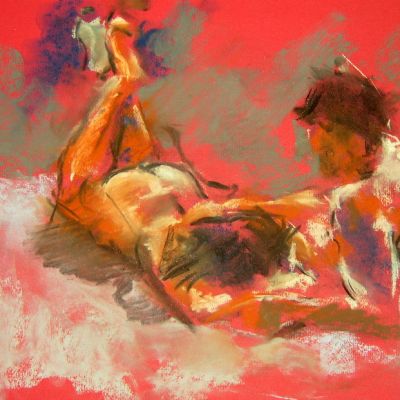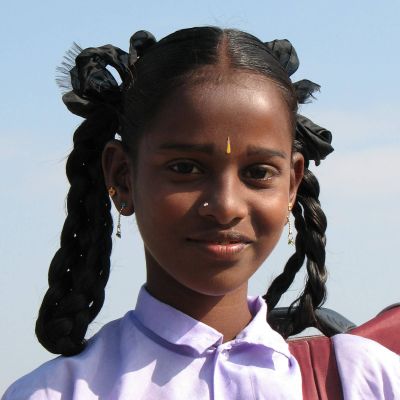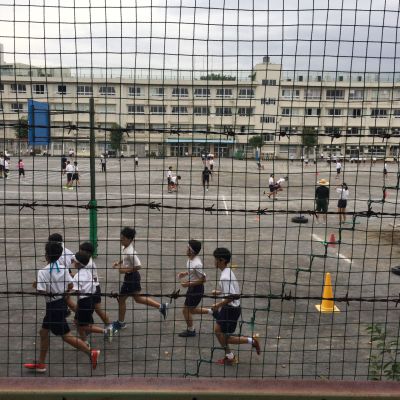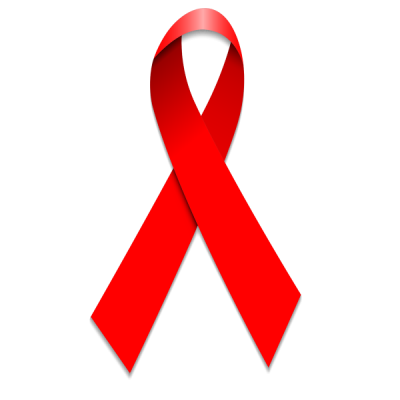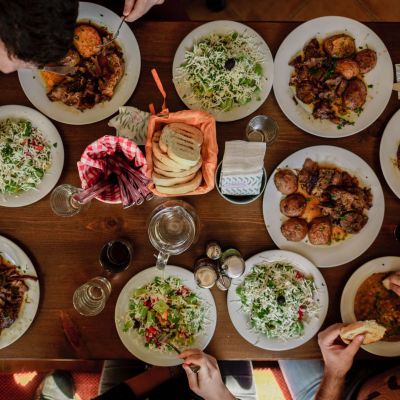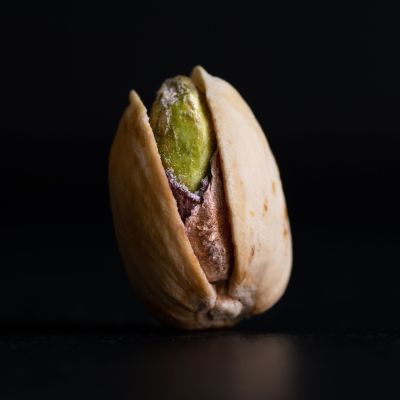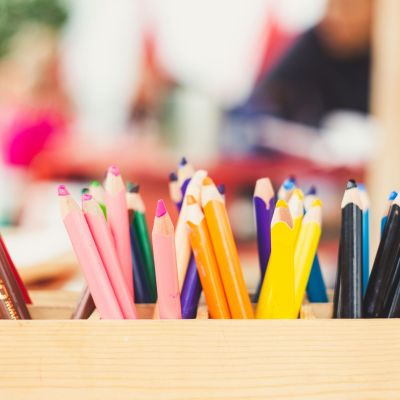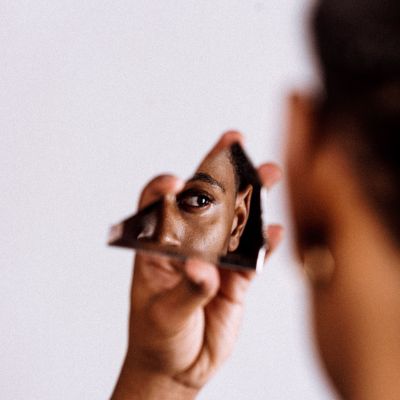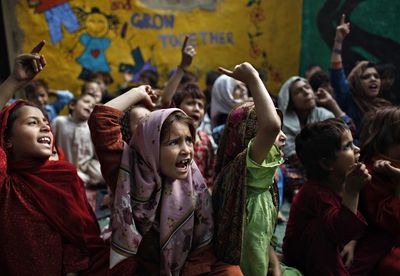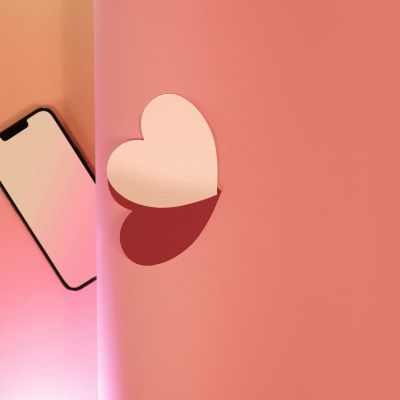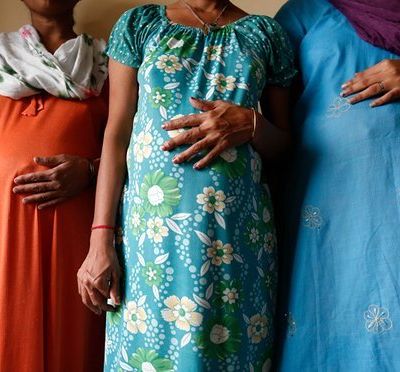Sexuality
Porn is able to express the ‘yummy yucky’ nature of many of our fantasies. I use the term ‘yummy yucky’ because I feel it captures a mix of that which is both “hot and disturbing”
If not him, there is his brother – Mir, are there any restrictions in love? Mir Taqi Mir, 18th century…
Academic scholarship, popular culture and media-generated sex surveys are only beginning to understand ‘pre-marital’ sex among young people in India….
“My brother does not want me to buy a mobile phone. He says that there are already three phones in…
The gendered assumption that girls are generally disinterested in sports, could be easily refuted by the fact that the principal’s office shelf was adorned with multiple trophies awarded to the girls’ hockey team for winning championships.”
Food is some sort of extension of our bodies, our identities, and therefore food and sexuality intersect in a myriad ways.
Despite the lack of a formal Comprehensive Sexuality Education (CSE) curriculum in place in India, there has been a growing interest in providing CSE programmes in schools.
That’s all the big roles and ethics
All there to fulfil.
Another task,
Another box to tick
Another concrete path to rush
Quick, simple and straight.
Law passed in Sindh province shows that despite religious opposition, steps taken to outlaw child marriage are taking effect. By: Mohammad…
Time and time again, Galbaldon asks us, through the character of Claire, to remember that we are travelers, we move and are moved by the interactions and environments around us.
Social media and dating platforms provide new opportunities for connection, but they also elevate the potential risk of harm associated with any online engagement. The anonymity of the interaction can serve both as a source of freedom and potential exploitation.
In the debates around the need to expand the rights that accrue through marriage to same-sex couples, what is often lost are the forms of legal recognition of relationships not in the nature of marriage or blood. As the nature of traditional relationships changes across India, with more people opting to live singly or with friends, we really need to begin thinking seriously about new forms of legal recognition.
The new proposal to ban commercial surrogacy is essentially a rehash of a bill that was proposed three years ago — the Surrogacy (Regulation) Bill, 2016 — which lapsed when Parliament adjourned without taking the measure for a vote. The Indian minister for health has called the 2019 bill a “need of the hour,” citing a rough estimate that between 2,000 and 3,000 unregulated clinics currently operate in the country.



